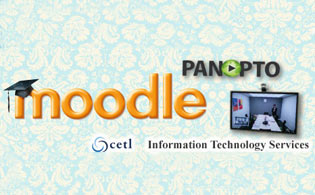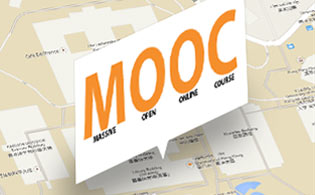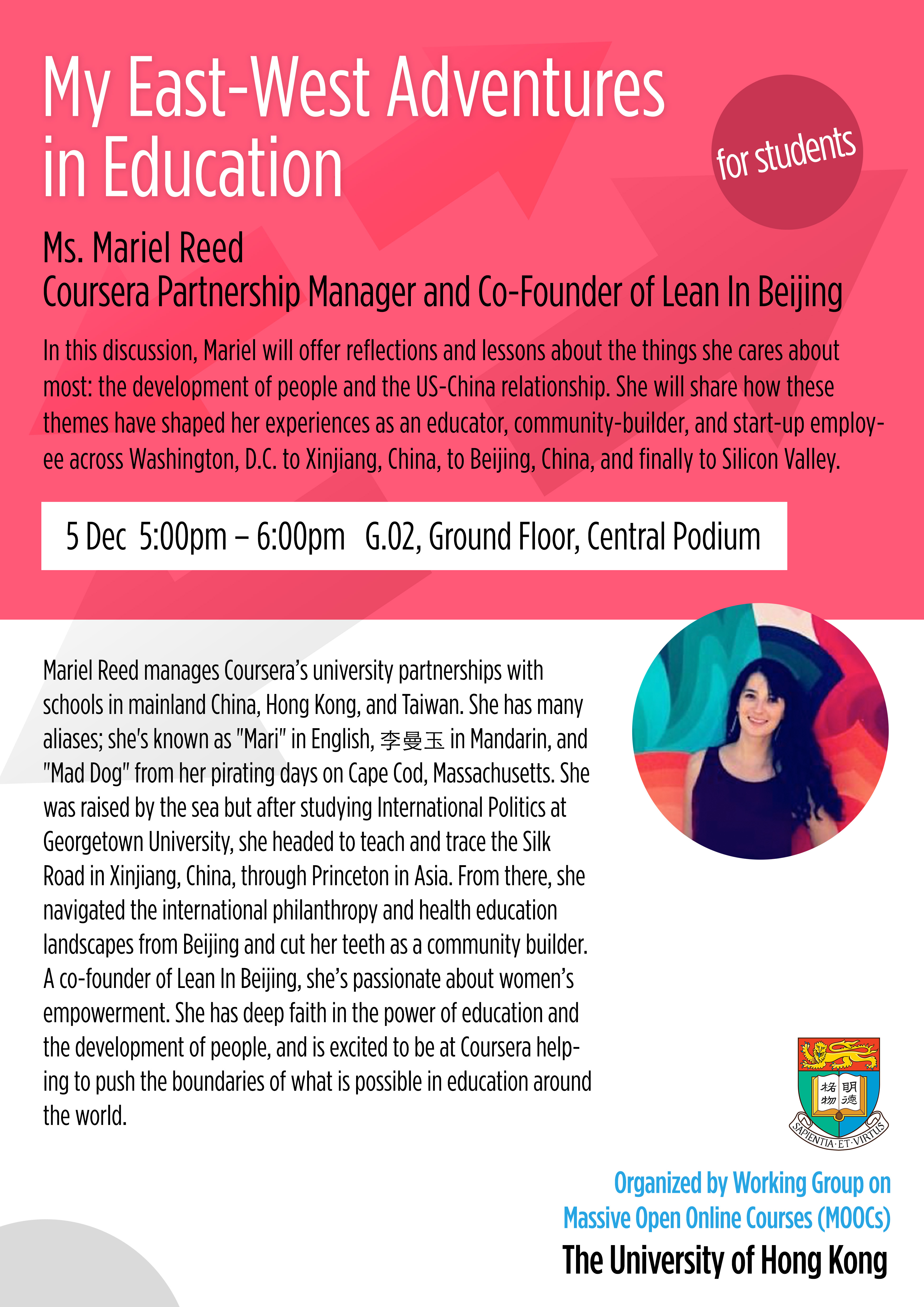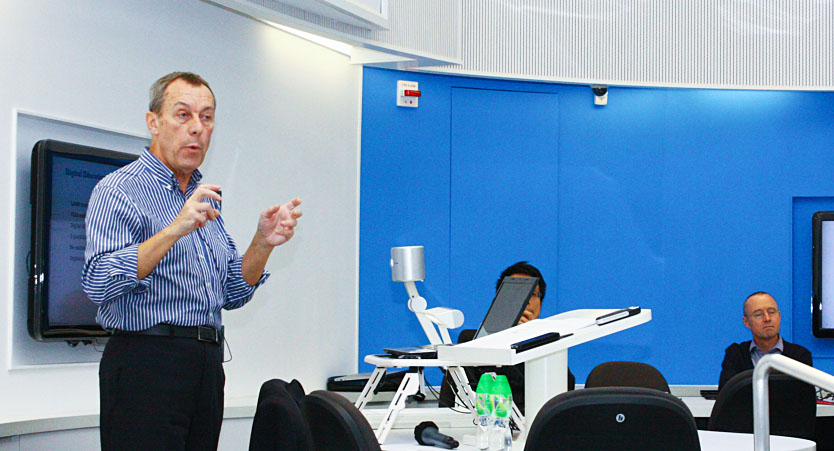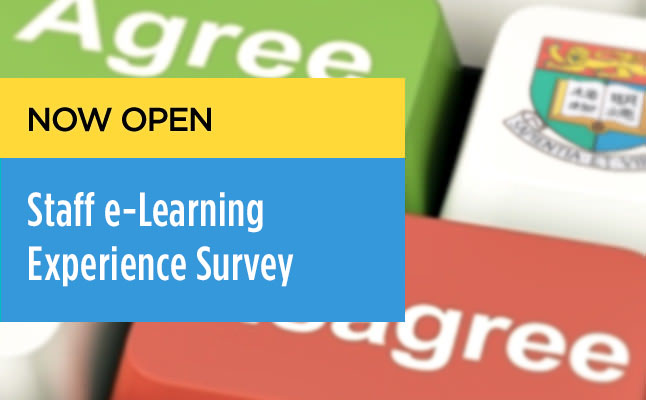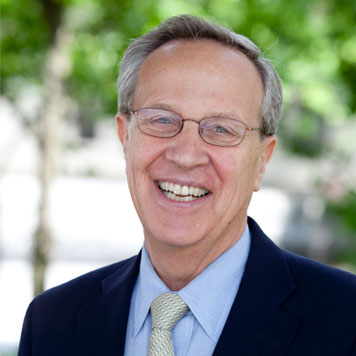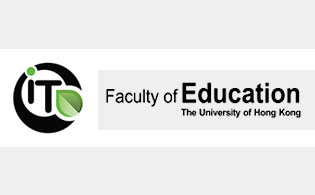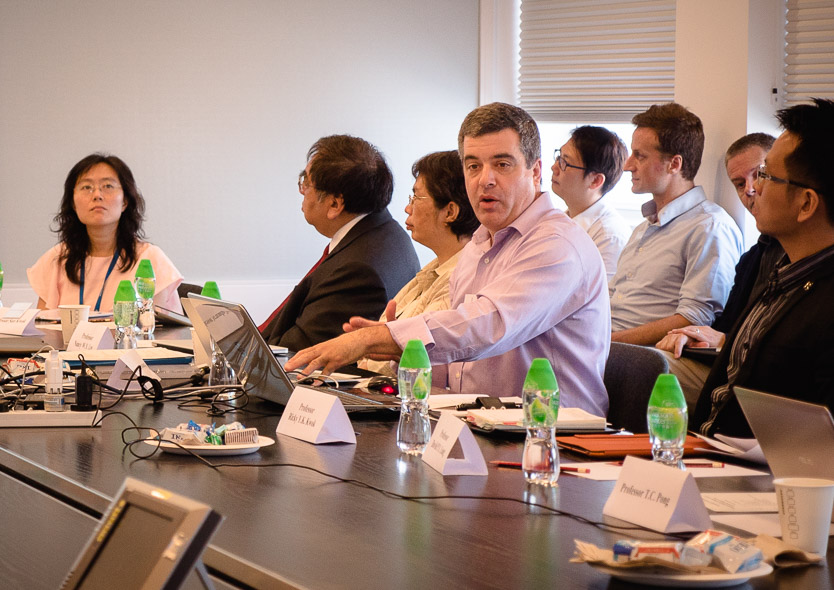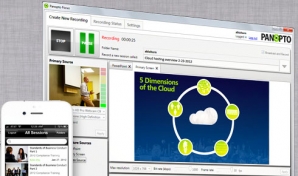Message from Information Technology Services
Dear Colleagues,
Invitation to the 2014 ITS Project Update Briefings
I have much pleasure to invite you to one of the following two repeated ITS Project Update Briefings for 2014 –
Session 1: 1 December (Monday) 14:30 (registration starts at 14:15)
Session 2: 4 December (Thursday) 09:30 (registration starts at 09:15)
Venue: 2nd Floor, KK Leung Building.
In these briefings, we are going to present a number of major projects to you, some of which will have a University-wide impact. The rundown of the two briefings are shown below –
| 1 Dec |
4 Dec |
AGENDA |
| 14:15 – 14:30 |
09:15 – 09:30 |
Registration |
| 14:30 – 14:35 |
09:30 – 09:35 |
Opening Remark
Dr. Danny Tang |
| 14:35 – 14:45 |
09:35 – 09:45 |
University Information Security Policy and Data Policy
Dr. Danny Tang |
| 14:45 – 15:05 |
09:45 – 10:05 |
Enhancement of Information Security
Dr. P T Ho |
| 15:05 – 15:25 |
10:05 – 10:25 |
Consolidation of eMail Systems
Mr. Peter Li |
| 15:25 – 15:40 |
10:25 – 10:40 |
Tea break |
|
|
Breakout A
(for Academic & Research staff) |
Breakout B
(for Administrators) |
| 15:40 – 16:00 |
10:40 – 11:00 |
Upgrade of Virtual (Digital) Learning Environment
Dr. M C Pong |
Upgrade of University Smartcard Systems
Ms. Margaret Chung |
| 16:00 – 16:20 |
11:00 – 11:20 |
Upgrade of Physical Learning Environment
Mrs. Toni Kelly |
Document Management System
Mr. Peter Li |
| 16:20 – 16:40 |
11:20 – 11:40 |
HPC/HTC Facilities & Support for Scientific Computation
Dr. P T Ho |
Upgrade of Oracle Financials
Mr. Antony Hui/
Ms. Margaret Chung |
| 16:40 – 17:00 |
11:40 – 12:00 |
|
HKU Mobile Services
Ms. Margaret Chung |
In each briefing, we will start off by presenting several projects to all attendees followed by a tea break and then two parallel, breakout sessions with different focuses. Breakout A covers projects, which are relevant to academic and research staff; and Breakout B covers projects of concern primarily to Faculty and Departmental administrators.
The outlines of the presentations are at the end of this email.
We hope to solicit your initial views on each of the projects during the two briefings. Depending on your interests and feedback, we may arrange separate discussion sessions on specific projects afterwards.
Please register attendance through the following links:
Session 1 (1 December 2014, Monday, 14:30):
https://hkuems1.hku.hk/hkuems/ec_hdetail.aspx?&UEID=33781
Session 2 (4 December 2014, Thursday, 09:30):
https://hkuems1.hku.hk/hkuems/ec_hdetail.aspx?&UEID=33783
I look forward to discussing the projects with you and your staff.
Danny Tang
Director
Project Outlines
University Information Security Policy and Data Policy
The University is in the process of engaging a consultant to establish an Information Security Policy and a Data Policy. In this session, the scope of work of this exercise will be presented.
Enhancement of Information Security
This session will give a summary on the new information security (IS) protection measures being implemented and planned, including (a) the Web Application Firewall and the Database Firewall that will soon be put into service for protecting the central web and database application systems against cyber-attacks from the Internet, (b) the enhancement plan for the central identity authentication and management system to mitigate the growing IS threats due to leaking of users’ HKU Portal UID/PIN, and (c) a pilot device profile register to safeguard against potential IS threats from unrecognized devices on the campus network.
Consolidation of eMail Systems
Over the years, multiple email systems of different generations have been implemented at different times to serve the University community. There are systems based on legacy Linux, Microsoft Exchange and cloud-based Google Apps for Education, which poses challenges to us in system administration and user support. Moreover, quite a few departments have their own departmental email servers, the functions of which could be better and more securely provided by the central email system. A project to consolidate the eMail systems is now underway to address the above issues. Details of the consolidation strategy will be elaborated in this session.
Breakout A
Upgrade of Virtual (Digital) Learning Environment
This session will report on the enhancement of the University’s virtual learning environment, covering the lecture capture service based on the Panopto system, which is well integrated with the Moodle learning management system, mobile access to Moodle, the Moodle courses archive system, and one-stop e-learning hub. These facilities and services help to enhance the student learning experience and support teachers’ teaching activities.
Upgrade of Physical Learning Environment
This session will report upon the findings of the recent staff and student learning space experience surveys and the response to that feedback by the Learning Environment Services Team. The presentation will include details about the development of Learning Space Design Guidelines, lecture theatre refurbishments, classroom upgrades and support Staff Training, all of which contribute to the enhancement of both the student learning experience and support for our teachers’ classroom activities.
HPC/HTC Facilities and Support for Scientific Computation
This session will discuss the work in progress for supporting cutting-edge research, including (a) the salient features and launching plan of the new High-Performance Computing (HPC) system of the latest technologies that will boost the processing power for supporting research by 10 times, (b) the experience with the recently deployed High Throughput Computing (HTC) facility and the improvement plan to provide better support for researchers, and (c) the strategy of developing future support for compute-intensive research projects.
Breakout B
Upgrade of University Smartcard Systems
In last year’s ITS Project Update briefing in November 2013, we presented the “University-wide smart card systems upgrade project” initiative. The upgrade of the University Smart Card, including the Staff Card, the Student Card and the Facilities Access Card, will have a great impact on the Smart Card Access Control and Identification Systems in existence across the University. This year, you will learn about the progress of this important upgrade project.
Document Management System
To cope with the increasing volume of hard copy documents handled by departments and the need of office space for document storage, ITS is setting up a Central Document Management System. Documents will be turned into searchable digital form and stored in an electronic file repository supporting full-text search, workflow and archive. The system aims to serve as a platform for document management, electronic form and workflow with roadmaps to integrate with other business processes in the University. An overview of the project will be presented in this session.
Upgrade of Oracle Financials
Oracle Financials (or “E-Business Suite” under its new name) is the main administrative application in support of the financial services in HKU. As an administrator in your faculty/department, come to hear about the coming upgrade; its main objectives and some of the key changes expected of the upgrade. You are also welcome to share your experiences of the financial services in the University.
HKU Mobile Services
To promote the branding of the University of Hong Kong and taking advantage of the proliferation of mobile devices, ITS has, together with a number of University administrative/professional departments, launched a University mobile services hub in 2012. The mobile services have grown and matured, and the “private” Staff Corner and Student Corner were introduced in 2013. To keep up with the pace of the global trend, especially amongst academic institutions, ITS would explore with you further development opportunities of the HKU Mobile Services.


